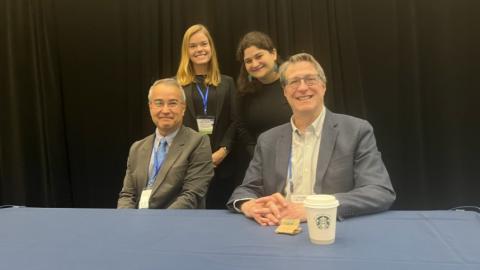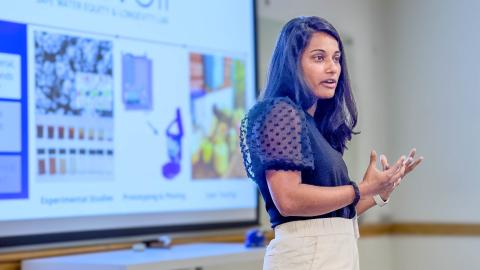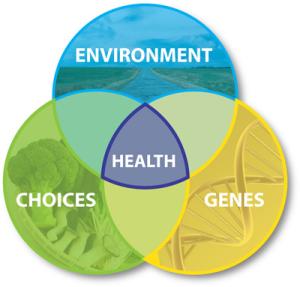Stories from the blog

Engaging with “the Mayor of Beacon Hill”
Maria Batayola brings community perspective to EDGE research

EDGE representatives attend Environmental Health Sciences Core Centers conference in Kentucky
The EDGE Center was well represented at the 2025 annual meeting of the National Institute of Environmental Health Sciences Environmental Health Science Core Centers

Removing lead from school drinking water
Katya Cherukumilli is using EDGE pilot funds to better understand why Washington school districts aren’t applying for funds to remediate lead in their drinking water.
In the News

The EDGE Center is committed to conducting and communicating science that reduces the burden of environmentally-related diseases through science translation into policy and practice. We use cutting edge molecular and systems biology to explore how the interactions of genetics, epigenetics and environmental factors contribute to diseases of public health importance. In particular, we are at the forefront of research into molecular signatures (biomarkers) associated with toxicant exposure. Our work to uncover important genetic, epigenetic and environmental contributions to chronic diseases can help improve prevention, early diagnosis, and the development of effective treatments. Such developments will substantially reduce the social burden and health care costs associated with sickness and early death caused by diseases like cancer, cardiovascular disease, respiratory disease, liver disease, kidney disease, metabolic disorders like diabetes, chronic neurodegenerative diseases like Alzheimer's and Parkinson's and developmental and reproductive disorders.
